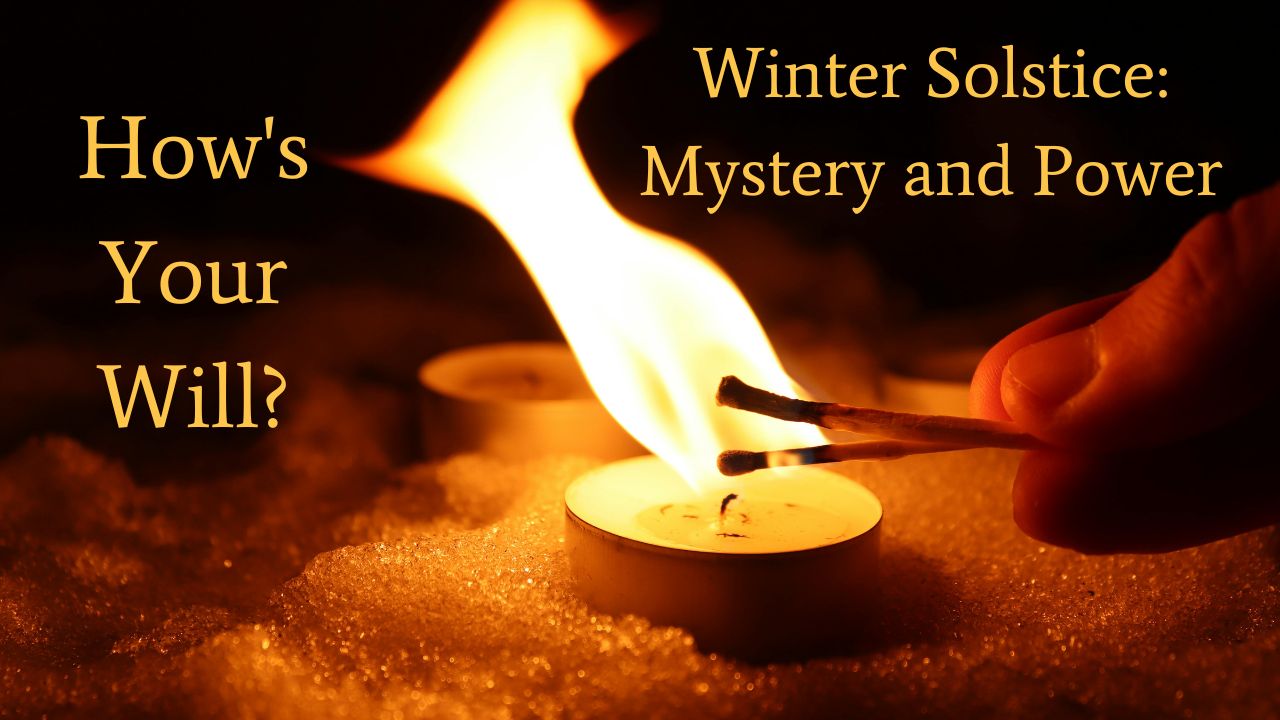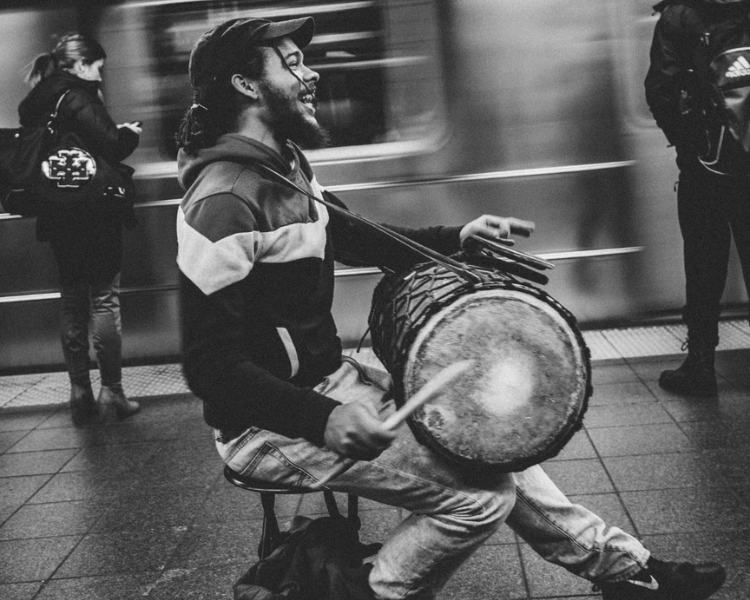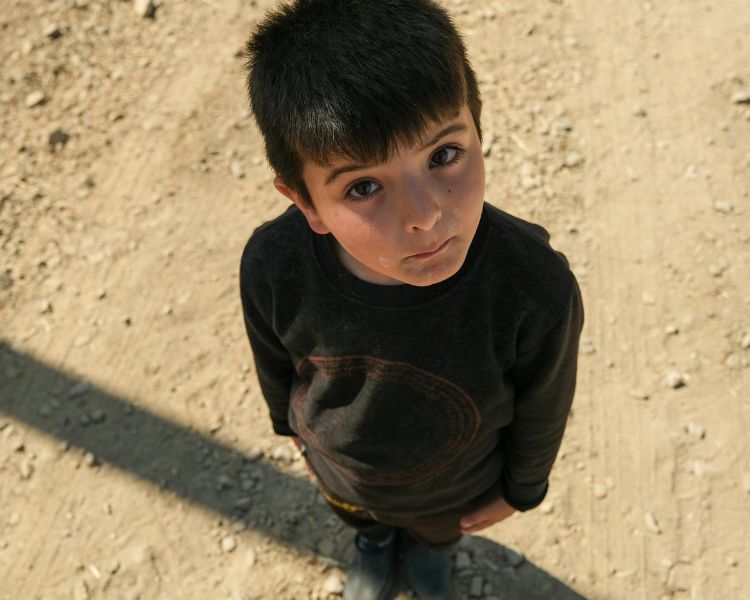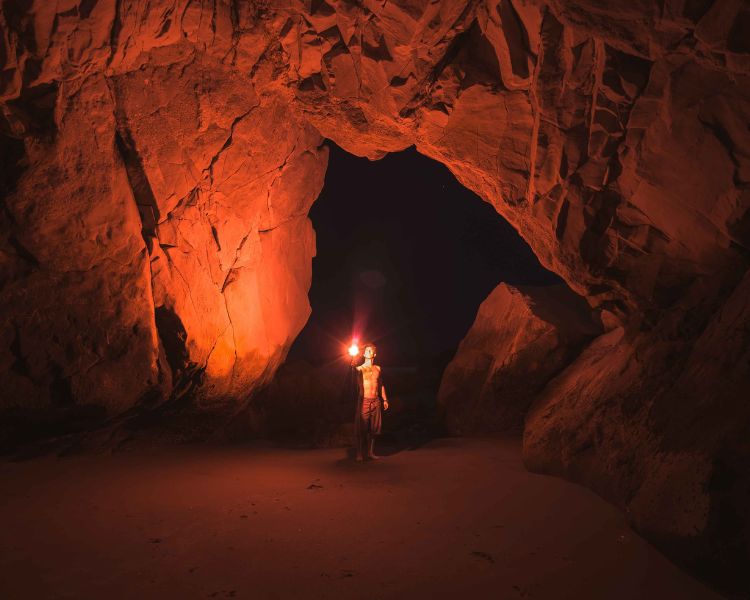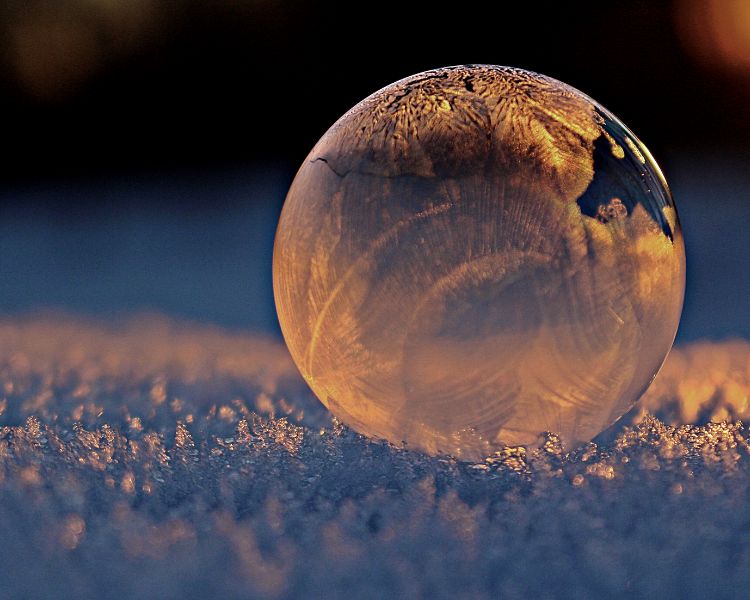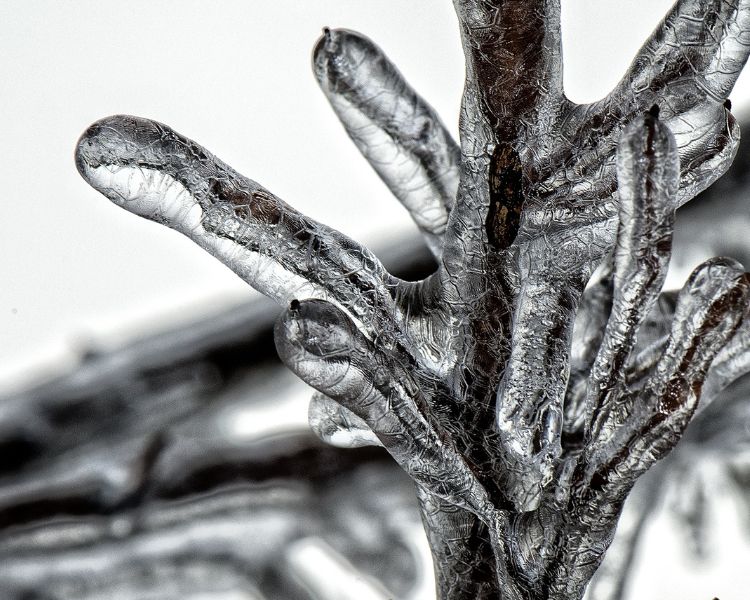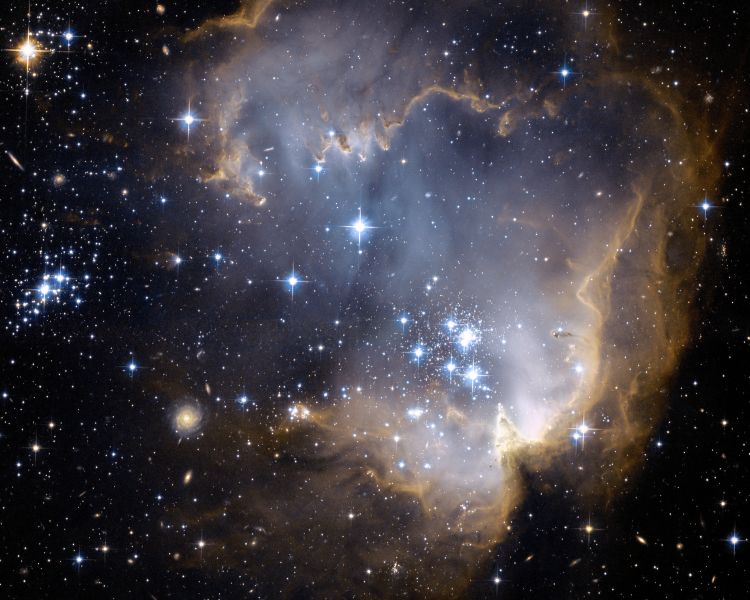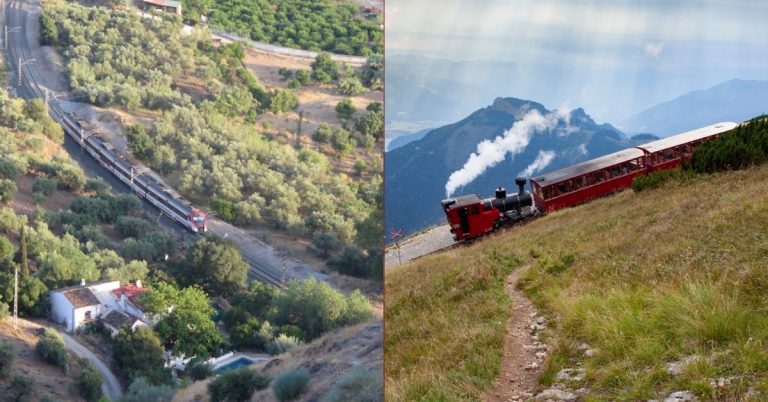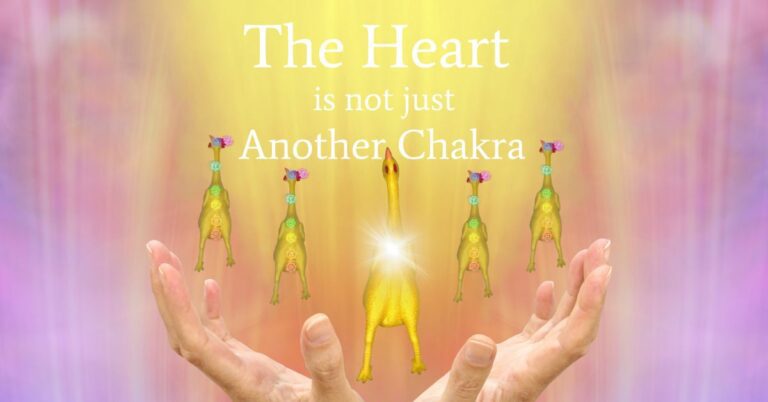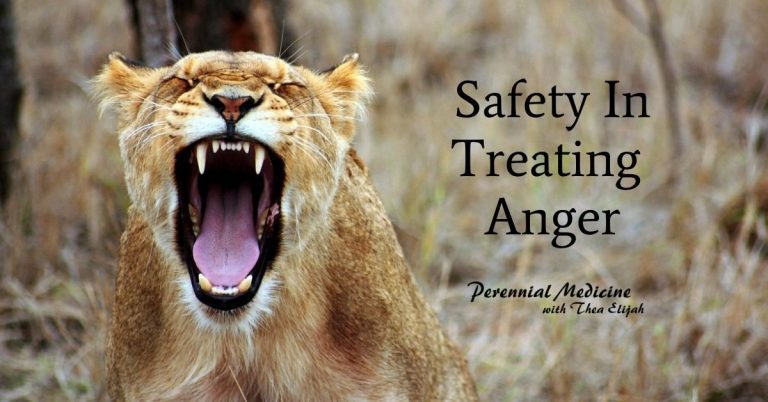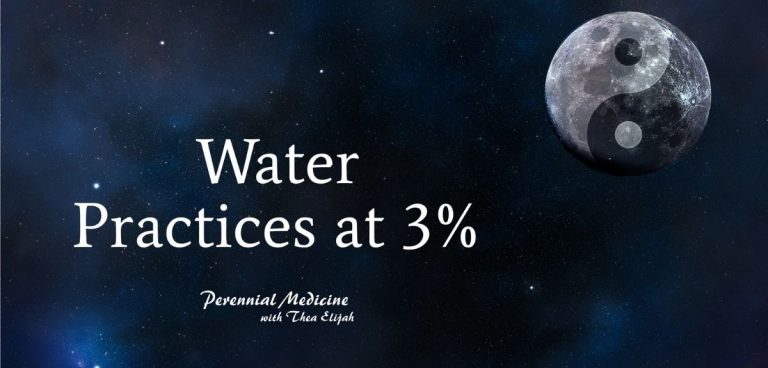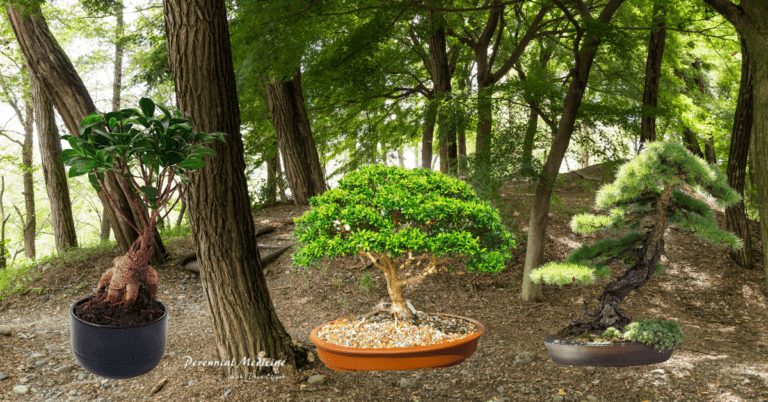Winter Solstice: Mystery and Power
Last year my Pre-Solstice Winter workshop felt so powerful and restorative that I wanted share with you this year as a self-study CEU. Here’s a small exerpt, below:
There are two aspects of the will: a yin aspect and a yang aspect. Let’s take a moment to look at the yang aspect, during this yin time.
There are those among us who are very comfortable with the yang (or desire-based) aspect of the will. For those of us, it’s the cleaning of will that is most important. When we are all passionate, and full of what we want, is that just what we talked ourselves into wanting because it’s so cool, or is it a desire from deep under, where the pilot light burns in the dark? Is it a desire from what our original nature was created to want?
Then there are those of us who are terrified of having desire, terrified of having a will of our own. That terror might have started early, as a little child, where having a will of our own was not popular in our household—and crushing our will may have been a family pastime. It is, for a lot of kids. In many families, there was no navigating how to work with different wills in ecology.
We could have long discussions on child raising, and the negotiations of will in the family ecology. There’s a lot to be said about that. For now, we’ll just say that there are a lot of us who didn’t come out of our childhood feeling that it was safe to have a sense of personal will. Depending on our social demographic, that trend may have continued quite harshly. There may have been deliberate crushing of our will.
We are acknowledging this so that we don’t feel silly, and so that we have the deepest compassion for why this isn’t necessarily easy. It is important to have that compassion. There may be reasons why it has been scary to have a will. It was smashed, or it may be smashed tomorrow if you let it show on your face. This is more true for some of us than for others, so it’s good to keep in mind as part of healing our community life.
Water has a lot to do with what is hidden and mysterious. The deep yin of winter’s mystery makes a space for us to regrow parts of ourselves in the dark. How great it is to have a time of darkness and mystery, so that our little will, which perhaps was not popular growing up and may still not be welcome in some cases, can develop hidden.
There are times of year, and there are Elements, where hiddenness is not healthy. Winter is a time when hiddenness is healthy. Here in the dark, you can go ahead and start letting that little pilot light in your pelvis know, and letting that Golden Fetus floating inside of you know, that it’s okay to want. It’s okay to have a will, and to develop that will.
Now, there are some recipes for success here that are important.
One is the acknowledgement, upfront, that we do have power, but we are not omnipotent. It sounds obvious, but I think that we forget it easily. There is tremendous damage to the will that happens when we forget: I have power, but I do not have all the power.
Here’s how this becomes very difficult: When we forget that we have power, but we do not have all the power—and I swear we forget it in a second when something overpowers us—then we become existentially crushed.
“I was overpowered!” It happens. We get overpowered. The problem is that, when overpowered, we then make the mistake of feeling completely powerless. We were overpowered because we did not have all the power. But that does not mean that we have no power.
There is a really big difference between “I don’t have enough power, compared to this person—compared to that situation—compared to the historical institution” versus complete or even significant powerlessness. True, we’re trying to duke it out, and we’re not winning. I am absolutely declaring it necessary to notice that, preferably with some planning and foresight. Still, we must not forget in the process that just because I don’t have all the power—and I may or may not win this battle—this does not mean that I have no power.
When we forget this, what we experience is called demoralization. Sarah Lucia Hoagland, one of my favorite living philosophers, writes a lot about moral agency under oppression (which includes most people’s childhood, and some people’s adulthood). Demoralization sets in as a result of having our will crushed when overpowered, and mistake that for powerlessness.
This is a very important subject for winter remediation. According to Chinese medicine, you can heal your whole Water element in one winter. The matching funds are here right now. Give yourself some hidden space to explore:
“Oh, I’ve been overpowered. I thought that meant I had no power… What power do I have?”
Don’t try to figure it out. Dwell with it. It’s a huge opening, for many people, even just to start there:
I have power.
Now, don’t have all the power—darn it.
I don’t even have significant amounts of power vis à vis certain things that matter to me a lot. But I’m not powerless.
What power do I have?
Start small if you wish:
I can lift my finger.
I can raise my voice.
What else can you do, with your power?
Would you like to hear more? Check out the full transmission with the 5 PDA point video and transcript, Winter Solstice: Mistery and power
To join the discussion, find us on my Perennial Medicine discussion listserv (all are welcome)
